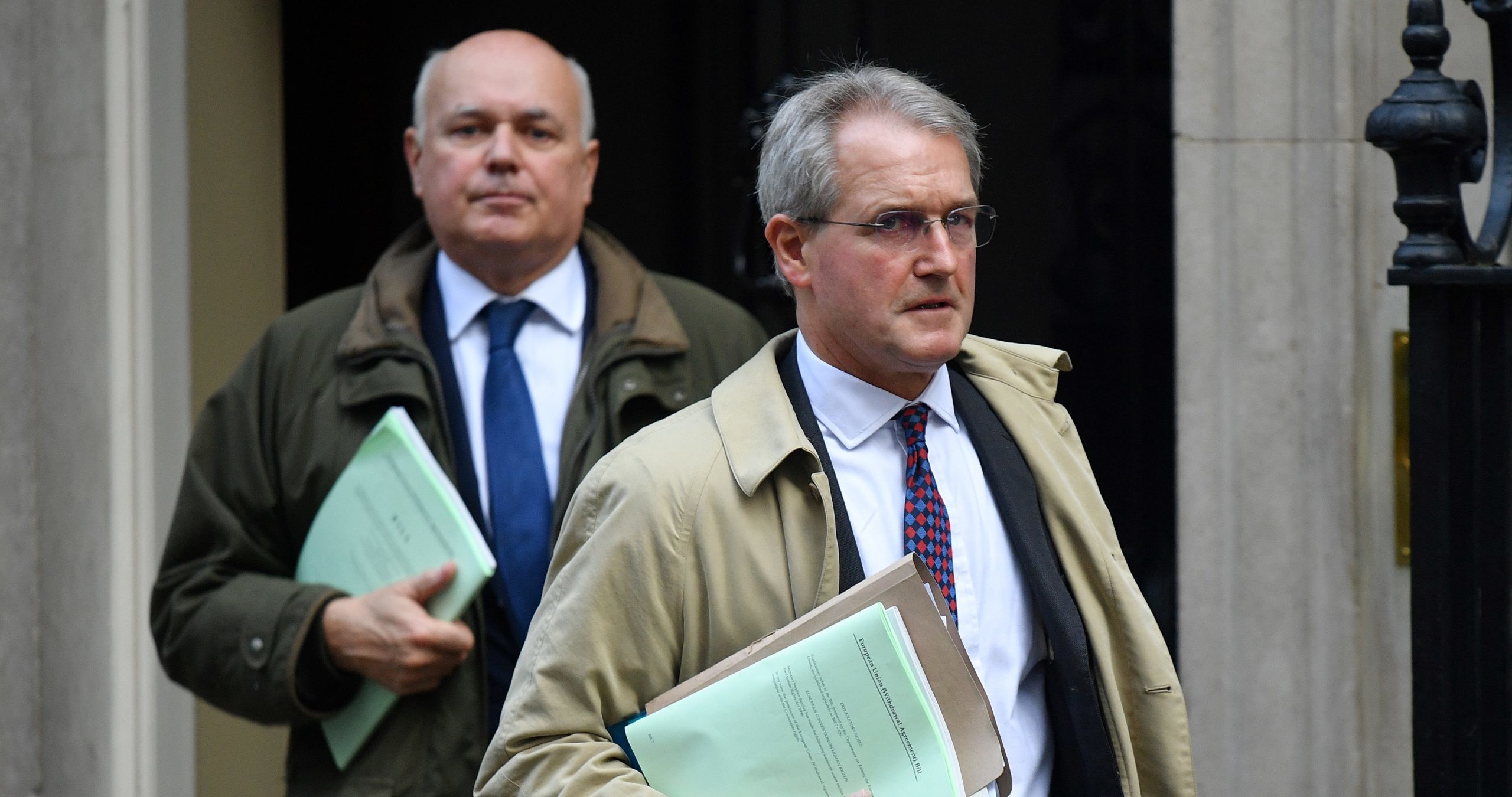MPs earn fairly well: £82,000 a year, roughly the equivalent of professionals such as headteachers or senior doctors, albeit not very much compared to most senior lawyers. But, as we’ve been seeing in recent days, many of them top that salary up with second jobs which can lead to real or perceived conflicts of interest.
I idly wondered the other day whether paying MPs a lot more, but banning them from having second jobs, would be a good thing. This made a lot of people very angry. But I am interested in the question.
Banning second jobs seems the main thing, although no doubt there would be knock-on effects; but it’s the pay issue that interested me. Whether increasing MPs’ pay would “work” seems to me to be two questions: one, whether it would attract a higher-quality calibre of applicant; and two, whether it would reduce the level of corruption.
My cousin and co-author David Chivers, an economist, looked at the economic literature to see if there’s much support for the idea that higher wages for MPs would improve the situation in either of those ways. He was sceptical. On the “better-quality candidates” point, he notes that wages are probably not the main factor in people’s decision to go into electoral politics. Also, he says, it’s not just the salary but the risk — you are in danger of losing your job every four years or so, and if you leave a well-remunerated career like medicine or the law, a four-year break can really hit your earnings.
And in terms of reducing corruption, he says that depends on the nature of corruption, and adds that a lot of the problem is actually former MPs and ministers in a “revolving door” between politics and lobbying: they leave office and immediately go into some lobbying company which is keen to take advantage of their contacts.
I suspect he’s got a point, and others agree. But I also wonder: is it a bet worth taking anyway?
Owen Paterson, the MP whose suspension for lobbying started the whole row, was being paid by Randox, a healthcare company. Randox won government contracts for £500 million. We don’t know whether they would have won them anyway or how much of the money is wasted, but that’s the headline figure, and it’s down to the apparent corruption of one MP, out of 650.
Increasing the pay of all MPs by 50% would cost the state about £26,000,000, roughly one-20th of the value of the contracts awarded to Randox alone. If there’s even a remote chance that it might reduce corruption slightly, then the expected value is highly positive.
Similarly, if there’s even a small chance that increased pay would improve the calibre of MP candidates, then since MPs are responsible for decisions about the UK’s one-trillion-pound budget — 38,000 times as big as the sum required to raise their salary by 50% — then it seems like a decent bet. If improving MPs’ wages by that much raised GDP by 0.001% it would pay for itself. Or, in expected value terms, there was a 1% chance of it raising GDP by 0.1%, then it would be a worthwhile bet.
Of course, if you think there is no chance that increased salary would improve MP quality or reduce MP corruption, then you’d disagree that the bet is worthwhile. Or if you think that there is a moral quality to salaries, and that it is wrong to pay MPs so much when more obviously sympathetic figures like nurses are paid less, then you might reject the whole framing. But I think it’s worth at least thinking about.
(That said, there’s almost precisely zero chance that the public would go for it anyway, so maybe it isn’t.)











Join the discussion
Join like minded readers that support our journalism by becoming a paid subscriber
To join the discussion in the comments, become a paid subscriber.
Join like minded readers that support our journalism, read unlimited articles and enjoy other subscriber-only benefits.
Subscribe